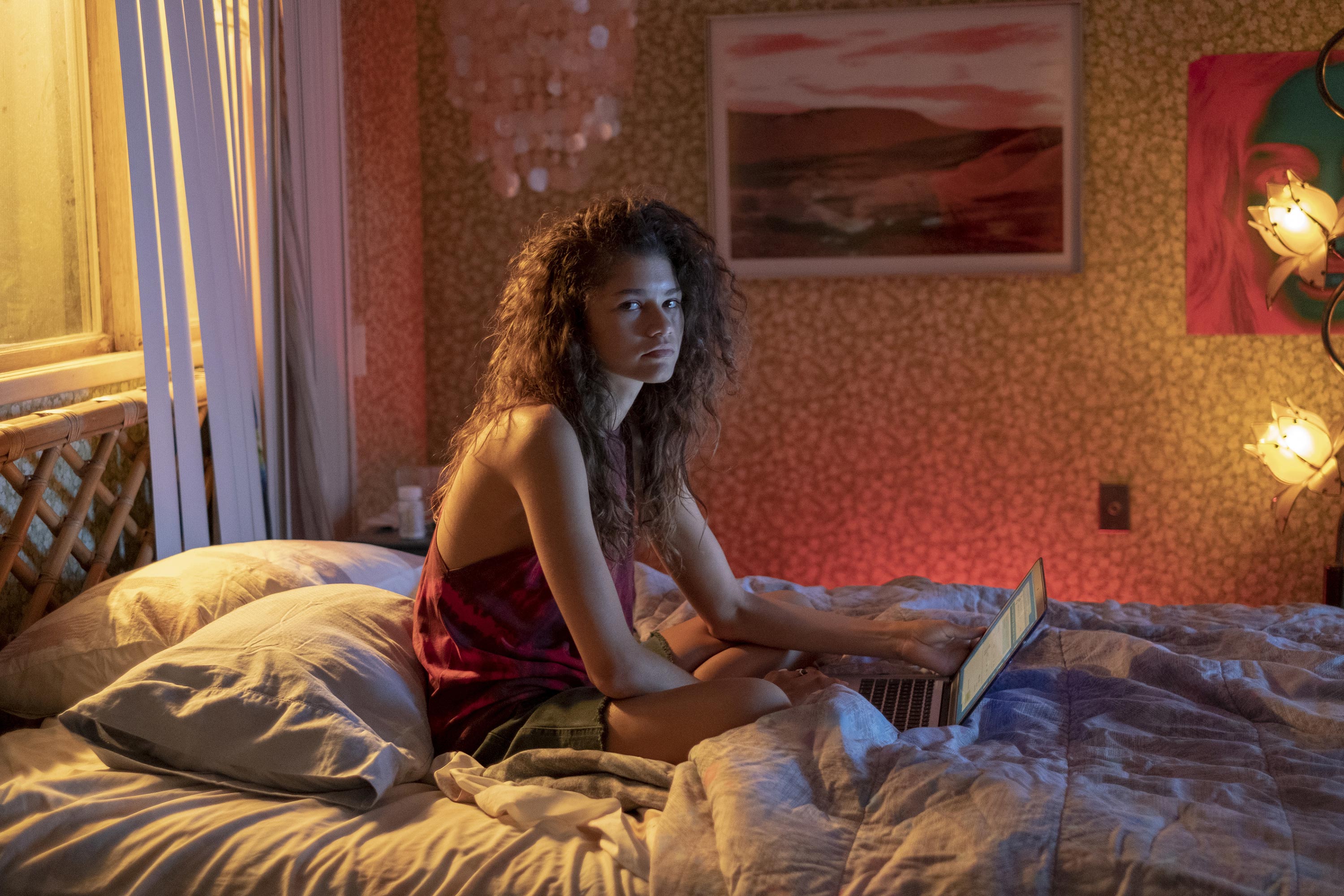‘Euphoria’ Isn’t the Coming-of-Age Show Black Girls Deserve

Credit to Author: DeAsia Paige| Date: Tue, 18 Jun 2019 19:07:35 +0000
It’s hard to name current coming-of-age shows and films starring Black girls. It’s even harder to name shows where the protagonist isn’t defined by her trauma or by the stress associated with being the perfect representation of a Black girl. The beloved 90s sitcom Moesha’s main storyline was how its title character had to juggle succeeding at school while having good behavior. The Oscar-winning film adaptation of The Color Purple mainly focuses on the physical and emotional abuse of Celie, the film’s protagonist. 2011’s Pariah follows the tumultuous journey of 17-year-old Alike as she battles explaining her sexual orientation to her parents who eventually kick her out of their home. Although Yara Shahidi’s character on Grown-ish is the closest Hollywood has gotten to showing a Black girl who isn’t tied to a life-altering trauma, her character Zoey Johnson isn’t unscathed by the model minority trope. While HBO’s new series Euphoria seems to be a slight departure from the typical model minority/trauma-influenced depictions, it’s another entry in a long line of shows that center on a Black girl’s pain.
In the first episode, which premiered Sunday, 17-year-old Rue, played by Zendaya, is battling a drug addiction for which she had to go to rehab before her junior year of high school. The beginning of the pilot is mainly spent on what happens in Rue’s life leading up to that point, which is mainly coping with Gen-Z anxiety and the pressures of social media in a middle-class, predominantly white suburban neighborhood. It’s quickly revealed throughout the rest of the episode that although Rue recently left rehab, she has no intention of stopping her drug use. As Rue narrates segments of the episode, she makes it clear that no traumatic experience drove her to her drug addiction: “It’s not like I was physically abused, or had a shortage of water, nor was molested by a family member.” However, it gradually becomes apparent that her anxiety, which is a common issue for teenagers, is just as traumatic as the previously mentioned experiences.
Toward the end of the episode, Rue explains to her friend Fezco, her drug dealer, why she simply can’t stop her addiction, although she knows it’s bad for her and takes a toll on her family: “This is the feeling I have been searching for my entire life for as long as I can remember. Because suddenly the world went quiet, and I felt safe in my own head,” she explains of her first experience with drugs. Euphoria isn’t just a racy show that exposes viewers to rampant drug use, graphic sex scenes, and other vices. Instead, it’s mainly about the serious nature of the social pressures on a generation that’s constantly misunderstood.
Euphoria does have some shining moments. It’s the first Black girl-centered teenage drama in recent memory in which the protagonist admits to being a screw-up who constantly makes mistakes, something that Black girls are typically not afforded the room to do. We’re accustomed to model minority depictions as seen in Moesha, Grown-ish, and with Jodie Landon’s character in Daria, which is getting a spin-off thanks to MTV and Tracee Ellis-Ross. However, Rue’s mental health battle makes the show fall into familiar tropes of Black girls being defined by the pain they endure.
This is not the only story worth telling. Why can’t coming-of-age tales show Black girls being weird and funny like in Booksmart or in Lady Bird, films that are highlighted by the protagonists’ deeply-opinionated outlooks on life? Why can’t Black girls have their own To All The Boys I Loved Before, in which the main character’s only conflict is a romantic one? Why aren’t there stories that simply show Black girls having fun and being happy? As one of society’s most mistreated demographics, the experience of being a Black girl is significantly influenced by trauma. But there are also other experiences. Normal stories where Black girls go to prom or choose a college doesn’t feel like a huge thing to ask for ask. But shows like Euphoria that perpetuate the trend that Black girls’ narratives are only important if they’re defined by painful experiences, and that makes the request seem impossible.
This article originally appeared on VICE US.